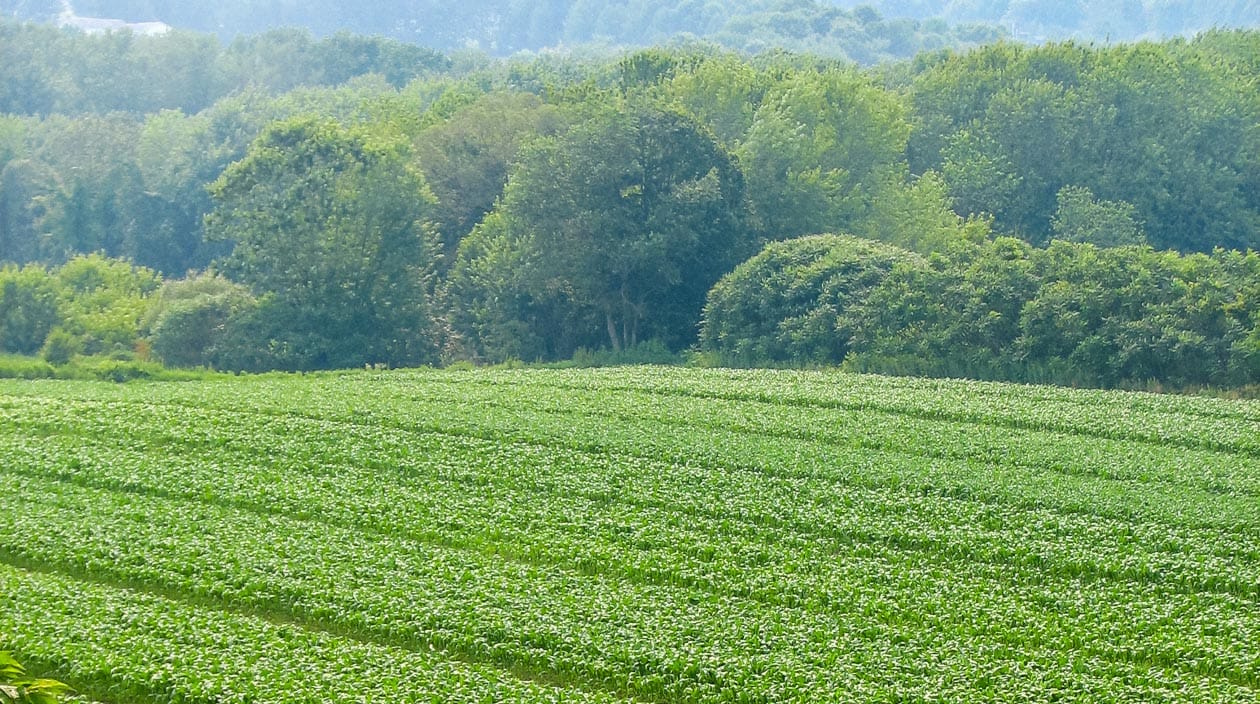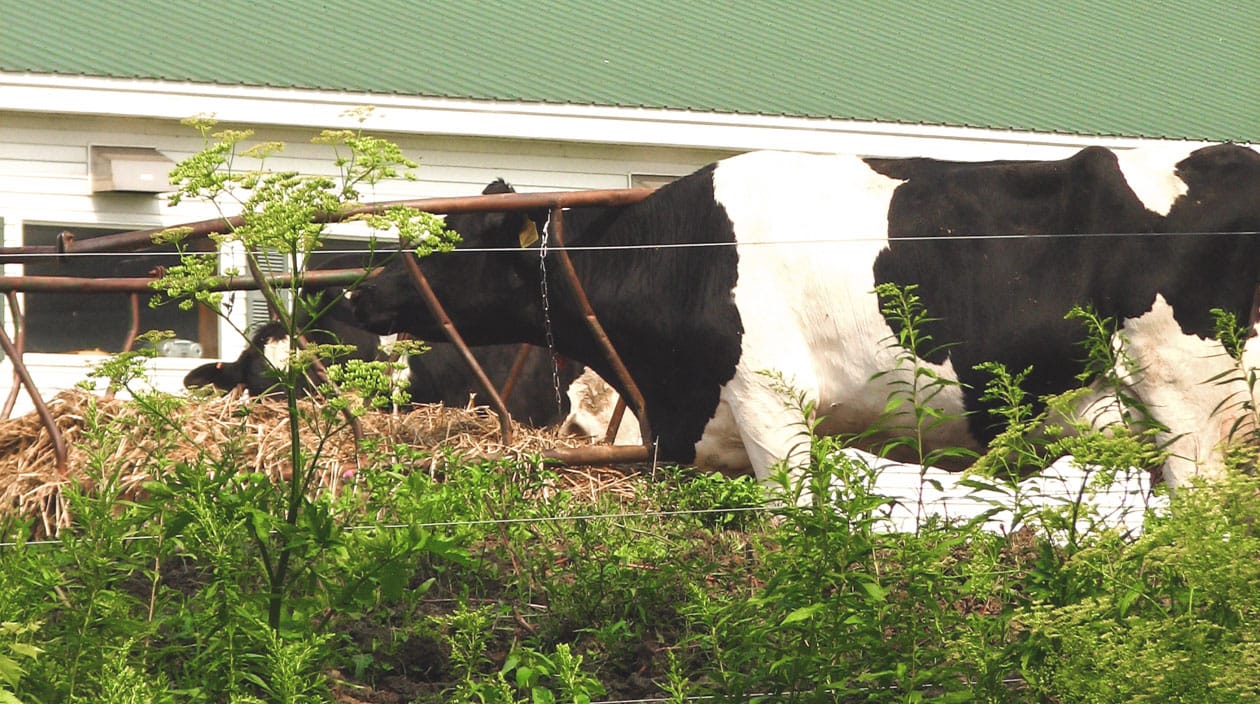Overview
Agriculture’s economic role and impacts make it a critical part of achieving sustainability across the globe. Agriculture employs over one billion people, produces over $1.3 trillion of food each year, and uses 50 percent of our habitable land. As the demand for food increases, this pressure is growing rapidly. Agriculture currently accounts for 20% of global GHG emissions and is the largest global threat to the environment.
Not surprisingly, these trends are coming under scrutiny for its environmental and social impacts and the investment opportunity for investors. Businesses that apply sustainability can outperform other businesses by increasing efficiency and reducing impacts while reducing costs and risk, fostering innovation, and maintaining a social license to do business. Although there are globally hundreds of farm sustainability programs, most fail to balance societal concerns with the need to manage investment risk. Such program would be used by investors if the programs balanced meeting the growing societal concerns for agriculture with sustainably managing farmland and investment risk in investor portfolios.
Farmland investment managers can use a framework of farm indicators to improve risk management and sustainability of farmland in their portfolio and address societal concerns. From our previous work with farmers, we understand that farmers already manage farmland using sustainability indicators, whether they know it or not. Building on Manomet’s in dairy agriculture sustainability, Manomet helped Grantham, Mayo, Van Otterloo LLC, a farmland investment group, tackle sustainability by developing a framework of farmland environmental indicators.





 Back to all
Back to all
